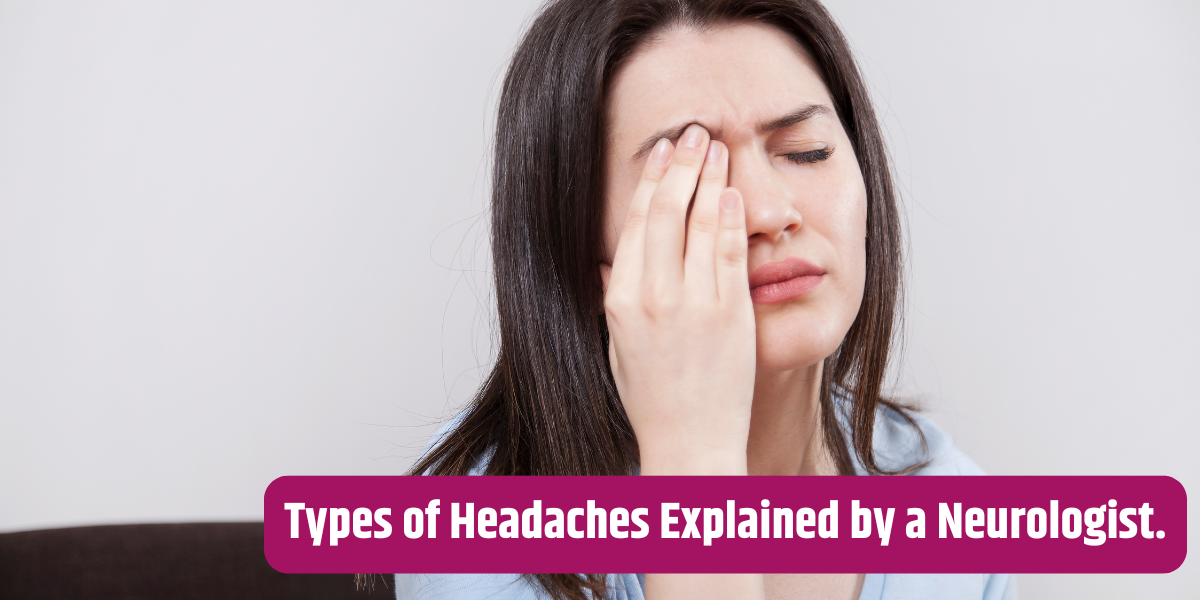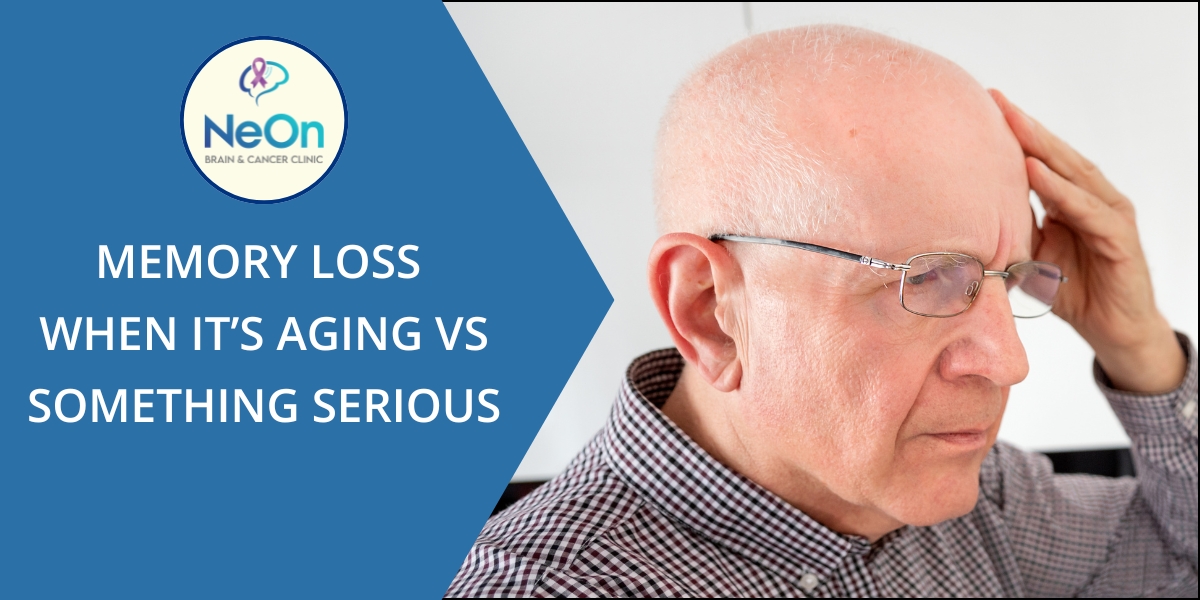Types of Headaches Explained by a Neurologist.
Headaches are a common issue affecting people of all ages and walks of life. Gaining insight into the different types of headaches and their causes is essential for effective management and treatment. Dr. Sadique Pathan, a respected neurologist in Hadapsar, Pune, explains the various types of headaches, their symptoms, and the treatment options available.
What is a headache?
A headache is discomfort or pain in the head, scalp, or neck. It can range from mild to severe and may occur as a result of various factors, including stress, tension, or underlying medical conditions.
What are the types of headaches?
Headaches are classified into several types based on their causes and symptoms. The primary types include:
Tension Headaches: characterized by a dull, aching pain around the forehead or back of the head. It often feels like a tight band around the head.
Migraines: Migraines are intense, throbbing headaches that can last for hours or even days. They often come with nausea, vomiting, and increased sensitivity to light and sound.
Cluster headaches: These headaches induce severe, acute pain, typically around one eye or on one side of the head. They occur in groups or cycles and are frequently associated with a stuffy nose or watery eyes.
Sinus Headaches: Caused by inflammation or infection in the sinus cavities, leading to pressure and pain around the forehead, eyes, or cheeks.
Rebound Headaches: Result from overuse of pain medication, leading to a cycle of continuous headaches.
What’s the Difference Between a Headache and a Migraine?
Although not all headaches are migraines, all migraines are headaches. Migraines are a type of headache that causes intense, throbbing pain on one side of the brain. They can also cause you to feel sick to your stomach, puke up, or become extremely sensitive to light and noise. Tension headaches, on the other hand, typically generate more generalized pain and lack these additional symptoms.
Who Do Headaches Affect?
Headaches can affect anyone, regardless of age or gender. They are particularly common in adults but can also occur in children and adolescents. Factors such as stress, poor posture, and lifestyle choices can increase susceptibility.
What is the Main Cause of a Headache?
Stress or tension
Dehydration
Poor posture
Eye strain
Hormonal changes
Certain foods or drinks
Medical conditions such as high blood pressure or sinus infections
What headache symptoms require immediate medical care?
Seek immediate medical attention if you experience:
Sudden, severe headache (thunderclap headache)
Persistent headache with neurological symptoms (e.g., vision changes, weakness, confusion)
Headache following a head injury
Headache accompanied by high fever, stiff neck, or rash
How are headaches evaluated and diagnosed?
The diagnosis typically involves:
Medical History: A detailed account of headache frequency, duration, and associated symptoms.
Physical Examination: To check for any neurological deficits or signs of other conditions.
Patient Interviews: discussing lifestyle, stress factors, and any potential triggers.
What Tests Will Be Done to Diagnose Headaches?
To diagnose headaches accurately, Dr. Pathan may recommend:
Imaging Tests: MRI or CT scans to rule out structural abnormalities.
Blood tests: to check for underlying conditions like infections or metabolic disorders.
Electroencephalogram (EEG): To monitor brain activity if seizures or other neurological conditions are suspected.
How is a headache treated?
Treatment depends on the type and cause of the headache and may include:
Over-the-Counter Medications: For mild to moderate headaches.
Prescription medications: for severe migraines or cluster headaches.
Lifestyle Changes: Stress management, regular sleep patterns, and dietary adjustments.
Therapies: physical therapy or cognitive-behavioral therapy for chronic headaches.
How Can I Prevent Headaches?
Prevention strategies include:
Maintaining a regular sleep schedule
Staying hydrated
Managing stress through relaxation techniques or exercise
Avoiding known headache triggers
Adopting ergonomic practices at work
Can headaches or migraines be cured?
While many headaches can be managed effectively with the right treatment and lifestyle adjustments, a complete cure might not always be possible, especially for chronic conditions like migraines. However, with proper management, individuals can experience significant relief and improved quality of life.
For a comprehensive evaluation and personalized treatment plan, consider consulting Dr. Sadique Pathan, a neurologist in Hadapsar, Pune. His expertise can provide you with the insights and care needed to manage and alleviate your headaches effectively.



